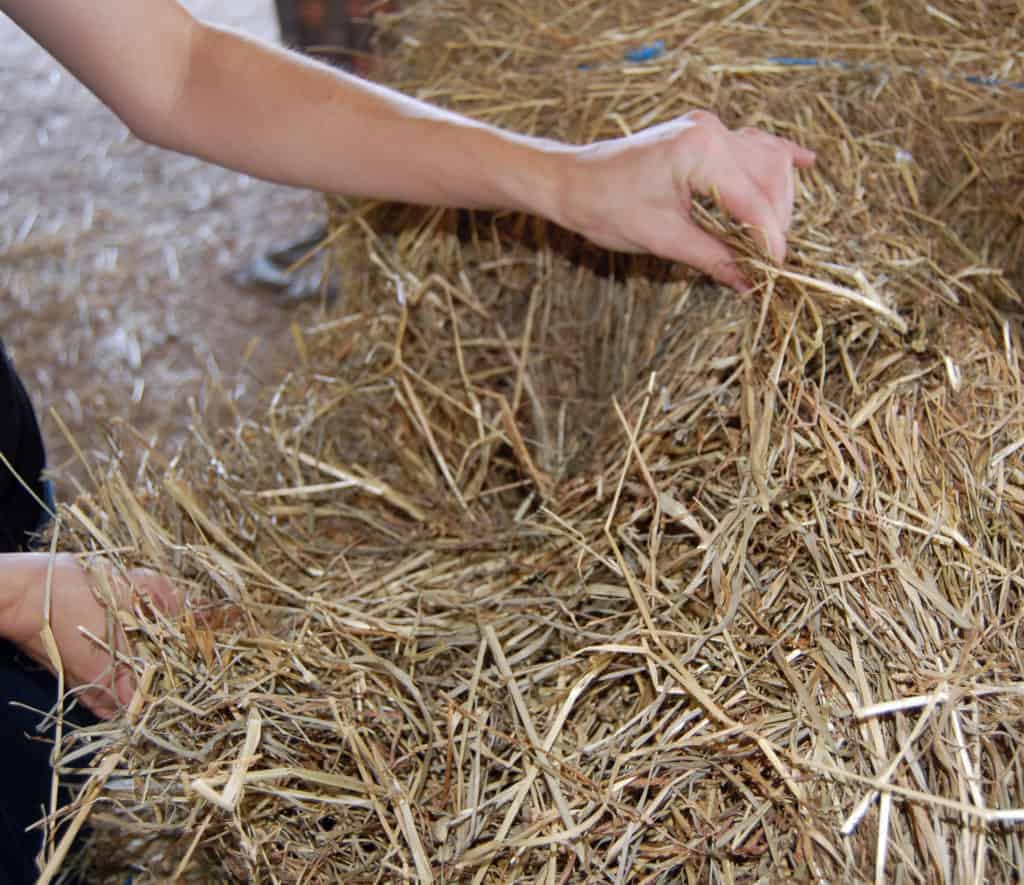
Relative Feed Value of Hay
Good-quality hay is an important component of a horse’s diet in the winter when fresh pasture is unavailable.

Good-quality hay is an important component of a horse’s diet in the winter when fresh pasture is unavailable.
A better equine feeding system will offer small amounts of grain and forage over many hours.

According to one team of researchers, WSC reduction varies depending on how long the hay is submerged.
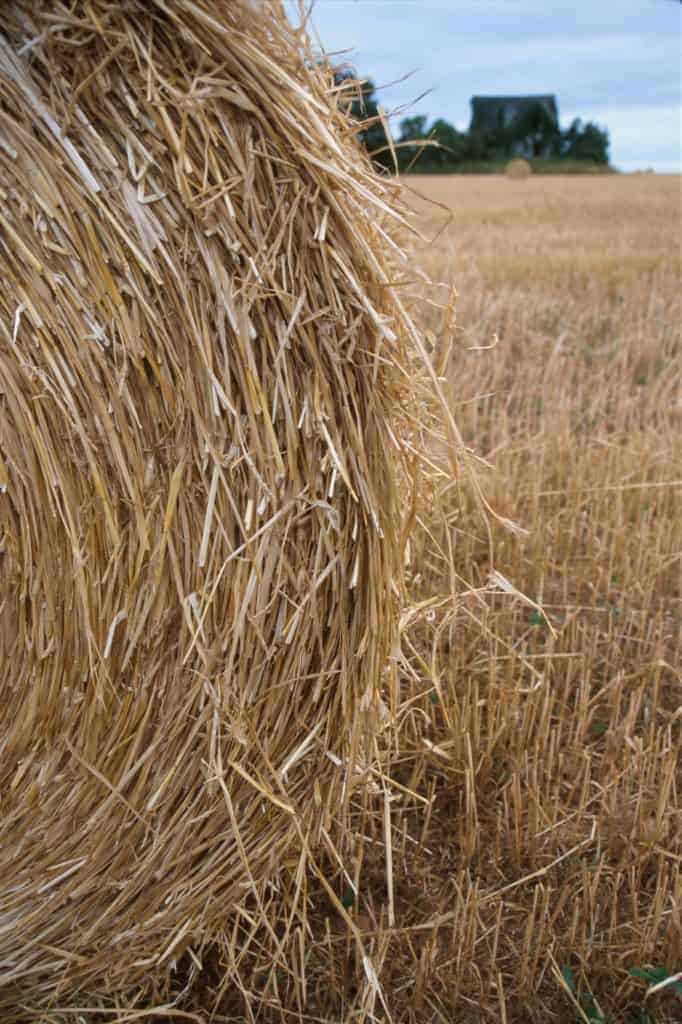
Extreme weather conditions are driving hay prices skyward and stretching owners’ resources in a tough economy.

Horse owners in the South are faced with “exceptional” droughts and high hay prices as the drought continues.

Grazing muzzles can be effective at reducing pasture intake, sometimes reducing intake by as much as 85%.
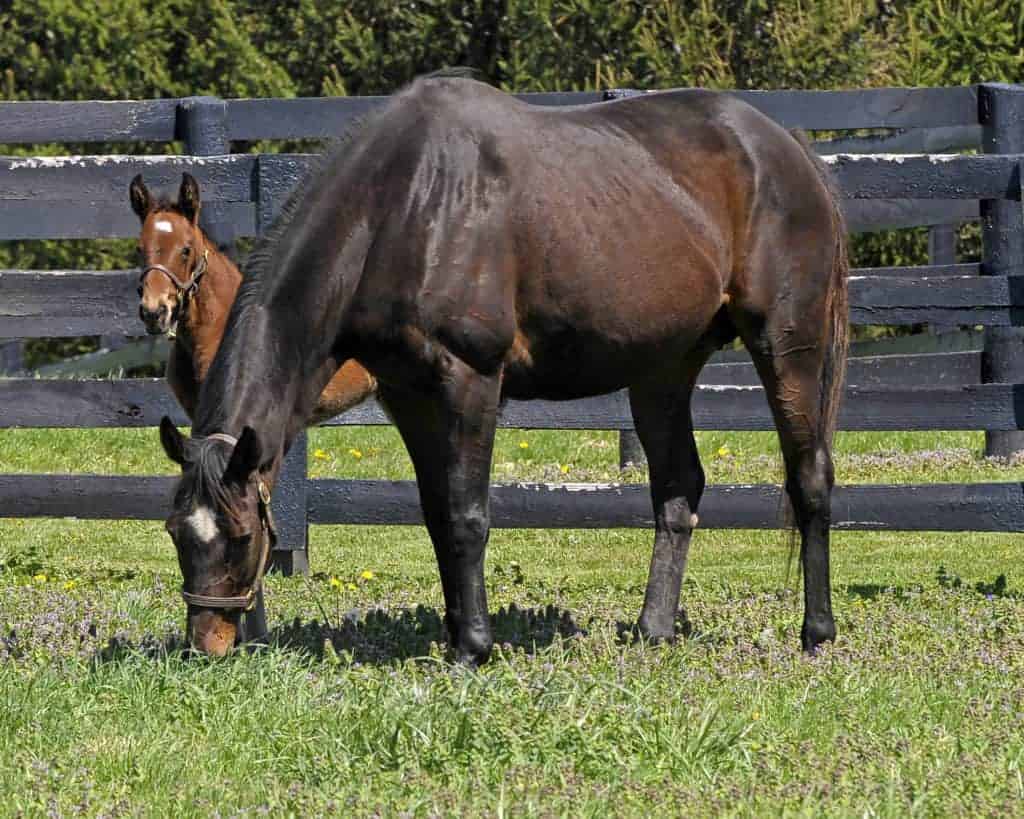
Tall fescue produces a toxic alkaloid that causes disorders in broodmares that consume the forage.
Horse owners, livestock producers, and farmers are all looking for help in getting through the dry spell.

As Texas battles extreme drought, horse owners struggle to get their hands on enough hay for their horses.

Exceptionally wet weather delayed hay cutting this spring, but producers likely still have time to grow and…
Education has always been at the heart of the annual Michigan State University (MSU) Ag Expo. Whether it’s a
But how should you manage a horse that hasn’t yet developed laminitis, but is a likely candidate?
Two Purdue University Extension and Historic Prophetstown forage clinics designed to teach horse owners to
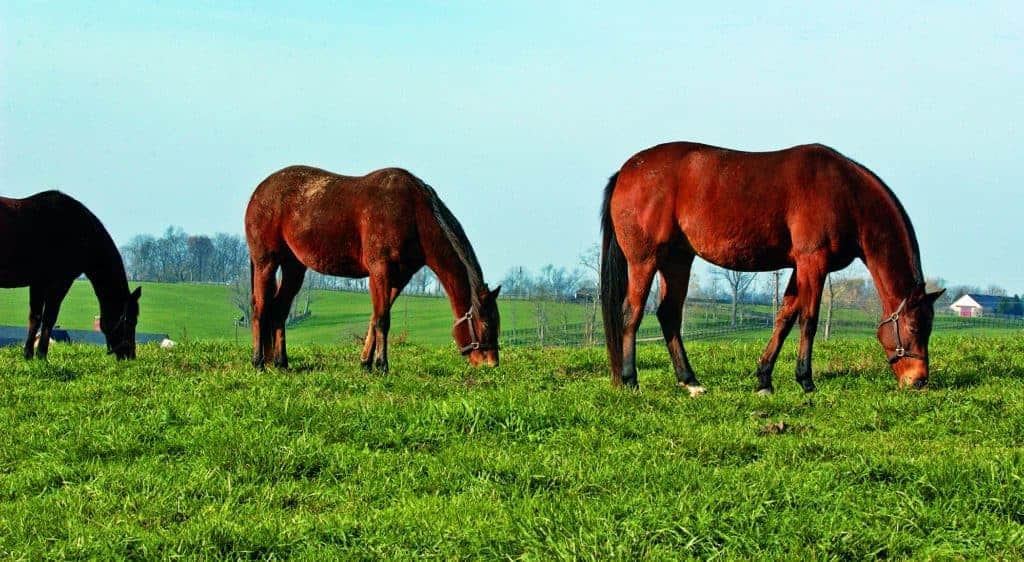
With a little forethought you can maintain that all-important digestive health throughout the year.
How do you design a feeding program that mimics how horses’ feeding habits have evolved?
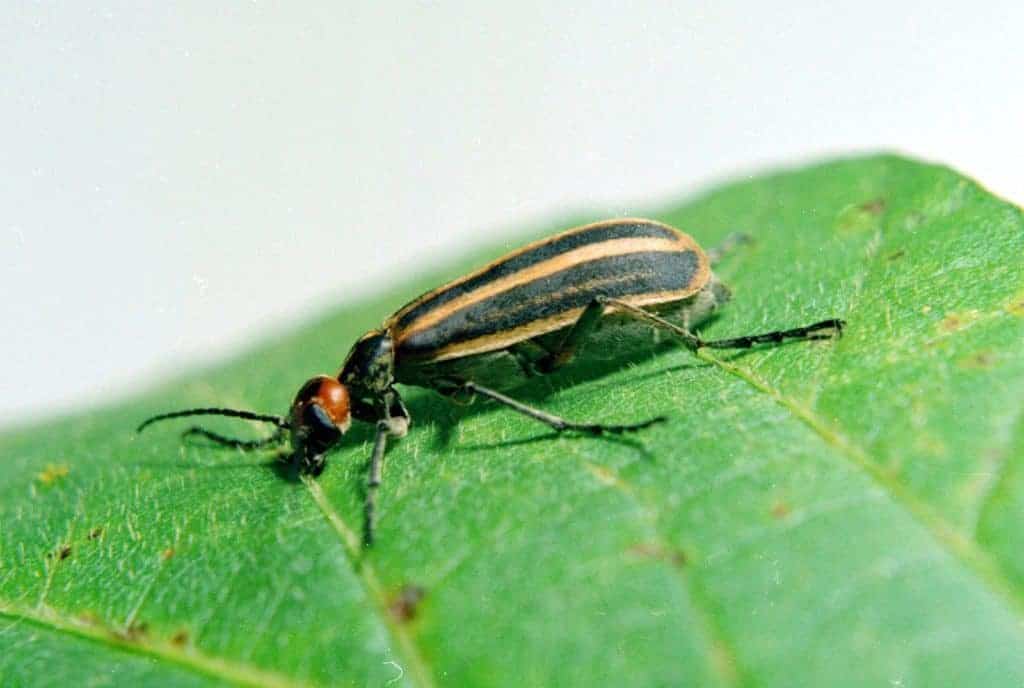
Owners should be aware of a potentially fatal tagalong in healthy-looking alfalfa hay: blister beetles.
Stay on top of the most recent Horse Health news with
"*" indicates required fields